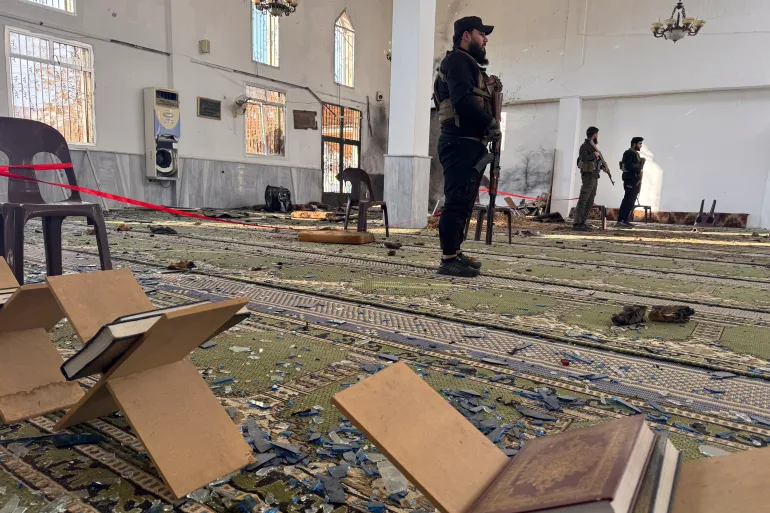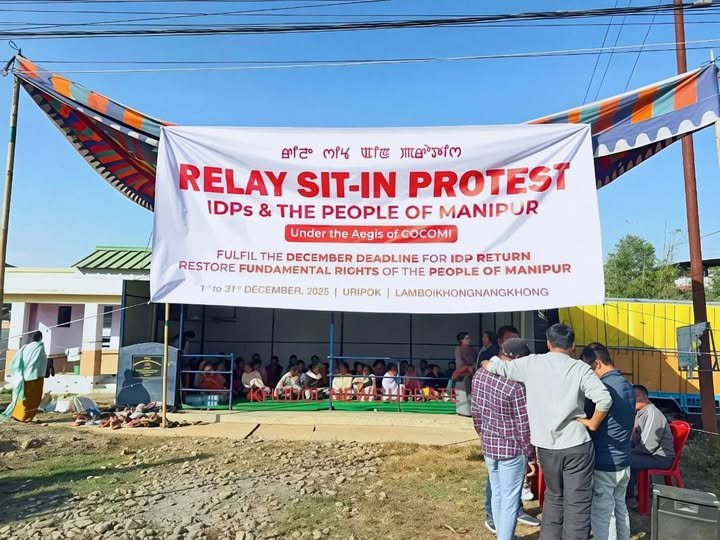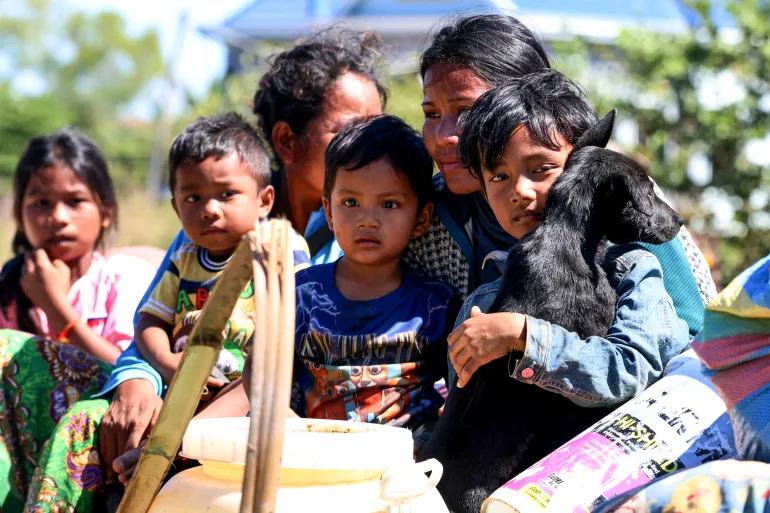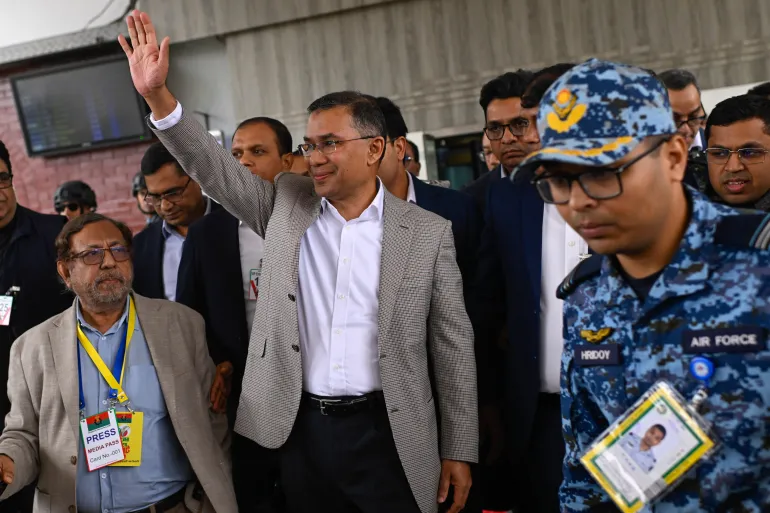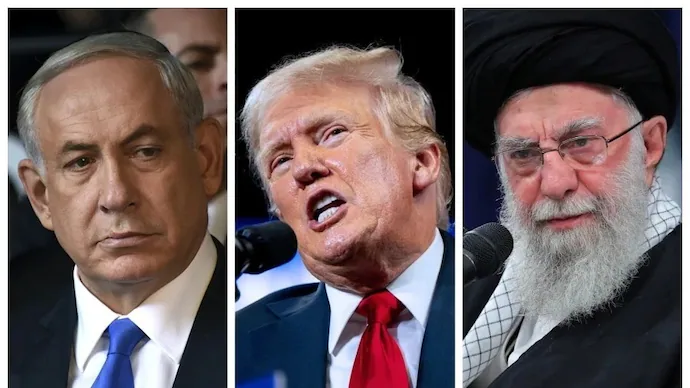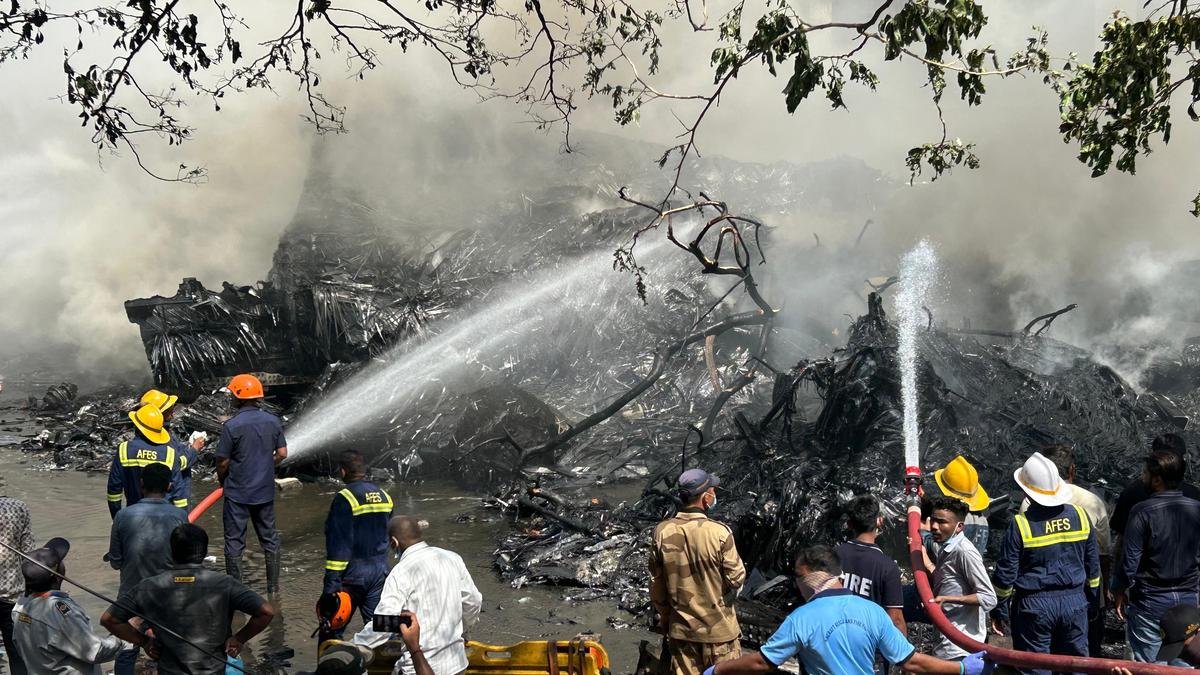Nepal parliament set on fire after PM resigns over anti-corruption protests
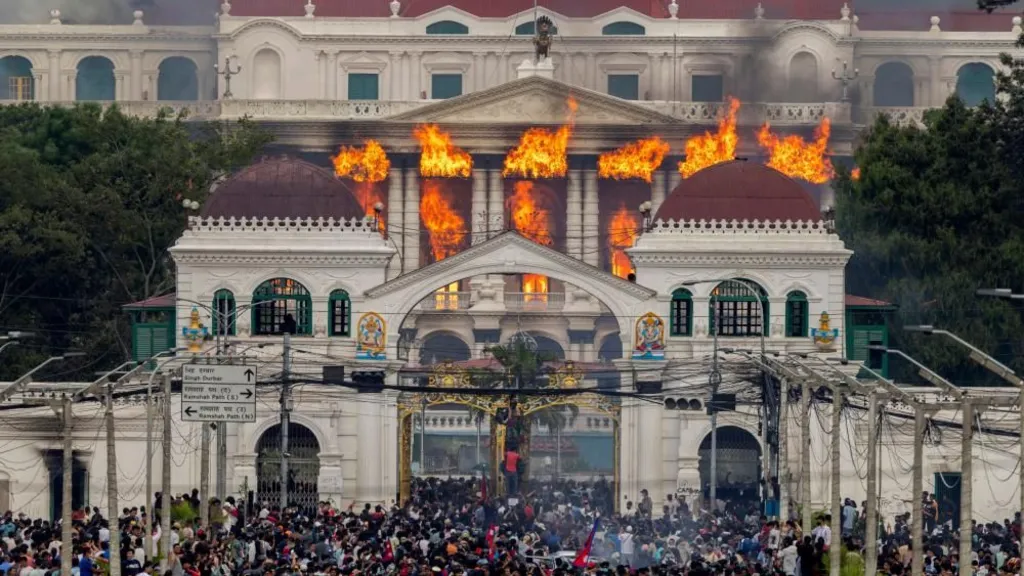
Prime Minister KP Sharma Oli has resigned amid Nepal’s worst unrest in decades, as violent anti-corruption protests escalate into a nationwide crisis. At least 22 people have been killed since Monday including 19 on the first day of clashes with police outside parliament.
The protests, initially sparked by a government ban on social media platforms, have grown into a broad anti-corruption movement fueled by public frustration over years of political mismanagement, nepotism, and economic stagnation.
On Tuesday, enraged crowds stormed the capital, setting fire to Nepal’s parliament building in Kathmandu. Thick smoke rose into the sky as protesters smashed windows, spray-painted anti-government graffiti, and danced around fires while waving national flags. Some demonstrators broke into the chamber itself, chanting slogans against corruption.
Elsewhere, government buildings and the homes of political leaders came under attack. Protesters torched the headquarters of the Nepali Congress Party a member of the ruling coalition—and set fire to the home of its leader, former Prime Minister Sher Bahadur Deuba. Oli’s own residence was also attacked.
Amid the chaos, jail officials reported that 900 inmates escaped from two prisons in western Nepal after fires were set during the unrest.
Oli, 73, a four-time prime minister and head of the Communist Party, announced his resignation in a letter to President Ramchandra Paudel, citing the need for a “constitutional solution” to the crisis.
“In view of the adverse situation in the country, I have resigned effective today to facilitate the solution to the problem and to help resolve it politically in accordance with the constitution,” Oli wrote.
The president’s office confirmed that the resignation was accepted and that consultations have begun to identify a new leader. For now, however, Nepal appears to be without clear leadership, with some ministers reportedly taking refuge under the protection of security forces.
The Nepal Army issued a late-night statement on Tuesday, warning that protesters were exploiting the crisis to loot, damage, and torch both public and private property. The statement pledged that “all security institutions, including the Nepal Army, are committed to taking control of the situation” starting from 22:00 local time, though it did not specify what actions might follow.
The prospect of military involvement has raised fears of a harsher crackdown.
The protests were triggered last week when the government ordered a ban on 26 social media platforms, including Facebook and Instagram, accusing them of failing to register under new regulations aimed at tackling fake news, hate speech, and fraud.
But many Nepalis—particularly the young—viewed the move as a direct assault on free speech. Social media had become a platform for the so-called “nepo kid” campaign, which exposed the lavish lifestyles of politicians’ children and highlighted corruption allegations.
Although the government lifted the ban on Monday night in response to growing unrest, the damage had already been done. By then, the protests had transformed into a mass movement against corruption, cronyism, and political privilege.
Unlike past protests, the current demonstrations lack organized leadership. Protesters, many of them in their teens and twenties, have rallied under the broad banner of anti-corruption but have not put forward specific demands or political alternatives.
Kathmandu resident Muna Shreshta, 20, voiced the frustrations of her generation:
“Corruption has been a long-term issue. It is high time our nation, our prime minister, and anyone in power changes, because we need to change. I hope this will bring something positive for us.”
With Oli gone and parliament under siege, Nepal faces a period of deep uncertainty. President Paudel has initiated consultations, but no clear successor has yet emerged. Analysts warn that without swift political resolution, the unrest could spiral further, especially if the army intervenes.
For now, the country remains on edge—its political elite in disarray, its institutions under attack, and its citizens demanding sweeping change. What began as a dispute over social media regulation has become a defining test for Nepal’s fragile democracy.
The protests, initially sparked by a government ban on social media platforms, have grown into a broad anti-corruption movement fueled by public frustration over years of political mismanagement, nepotism, and economic stagnation.
On Tuesday, enraged crowds stormed the capital, setting fire to Nepal’s parliament building in Kathmandu. Thick smoke rose into the sky as protesters smashed windows, spray-painted anti-government graffiti, and danced around fires while waving national flags. Some demonstrators broke into the chamber itself, chanting slogans against corruption.
Elsewhere, government buildings and the homes of political leaders came under attack. Protesters torched the headquarters of the Nepali Congress Party a member of the ruling coalition—and set fire to the home of its leader, former Prime Minister Sher Bahadur Deuba. Oli’s own residence was also attacked.
Amid the chaos, jail officials reported that 900 inmates escaped from two prisons in western Nepal after fires were set during the unrest.
Oli, 73, a four-time prime minister and head of the Communist Party, announced his resignation in a letter to President Ramchandra Paudel, citing the need for a “constitutional solution” to the crisis.
“In view of the adverse situation in the country, I have resigned effective today to facilitate the solution to the problem and to help resolve it politically in accordance with the constitution,” Oli wrote.
The president’s office confirmed that the resignation was accepted and that consultations have begun to identify a new leader. For now, however, Nepal appears to be without clear leadership, with some ministers reportedly taking refuge under the protection of security forces.
The Nepal Army issued a late-night statement on Tuesday, warning that protesters were exploiting the crisis to loot, damage, and torch both public and private property. The statement pledged that “all security institutions, including the Nepal Army, are committed to taking control of the situation” starting from 22:00 local time, though it did not specify what actions might follow.
The prospect of military involvement has raised fears of a harsher crackdown.
The protests were triggered last week when the government ordered a ban on 26 social media platforms, including Facebook and Instagram, accusing them of failing to register under new regulations aimed at tackling fake news, hate speech, and fraud.
But many Nepalis—particularly the young—viewed the move as a direct assault on free speech. Social media had become a platform for the so-called “nepo kid” campaign, which exposed the lavish lifestyles of politicians’ children and highlighted corruption allegations.
Although the government lifted the ban on Monday night in response to growing unrest, the damage had already been done. By then, the protests had transformed into a mass movement against corruption, cronyism, and political privilege.
Unlike past protests, the current demonstrations lack organized leadership. Protesters, many of them in their teens and twenties, have rallied under the broad banner of anti-corruption but have not put forward specific demands or political alternatives.
Kathmandu resident Muna Shreshta, 20, voiced the frustrations of her generation:
“Corruption has been a long-term issue. It is high time our nation, our prime minister, and anyone in power changes, because we need to change. I hope this will bring something positive for us.”
With Oli gone and parliament under siege, Nepal faces a period of deep uncertainty. President Paudel has initiated consultations, but no clear successor has yet emerged. Analysts warn that without swift political resolution, the unrest could spiral further, especially if the army intervenes.
For now, the country remains on edge—its political elite in disarray, its institutions under attack, and its citizens demanding sweeping change. What began as a dispute over social media regulation has become a defining test for Nepal’s fragile democracy.
